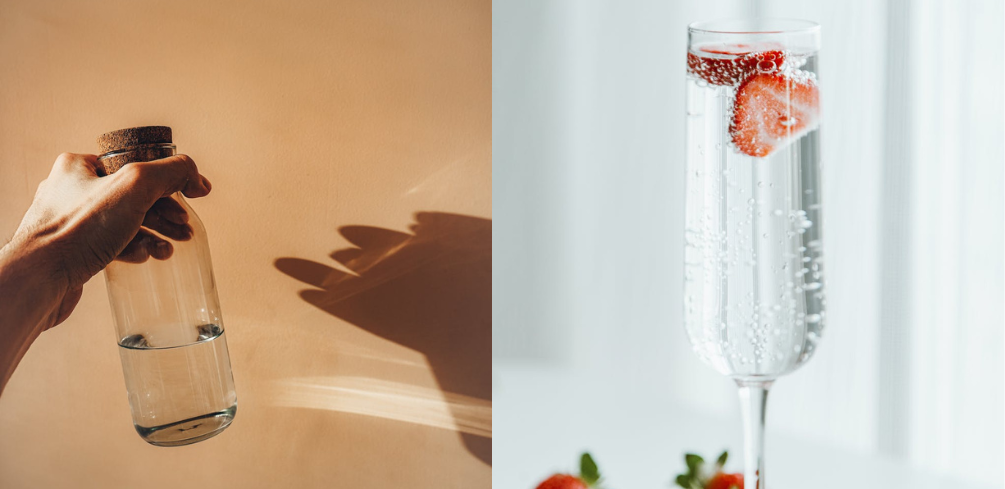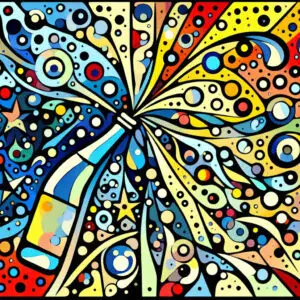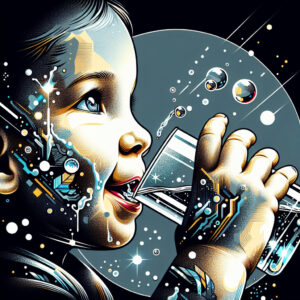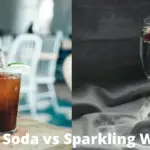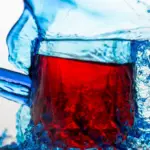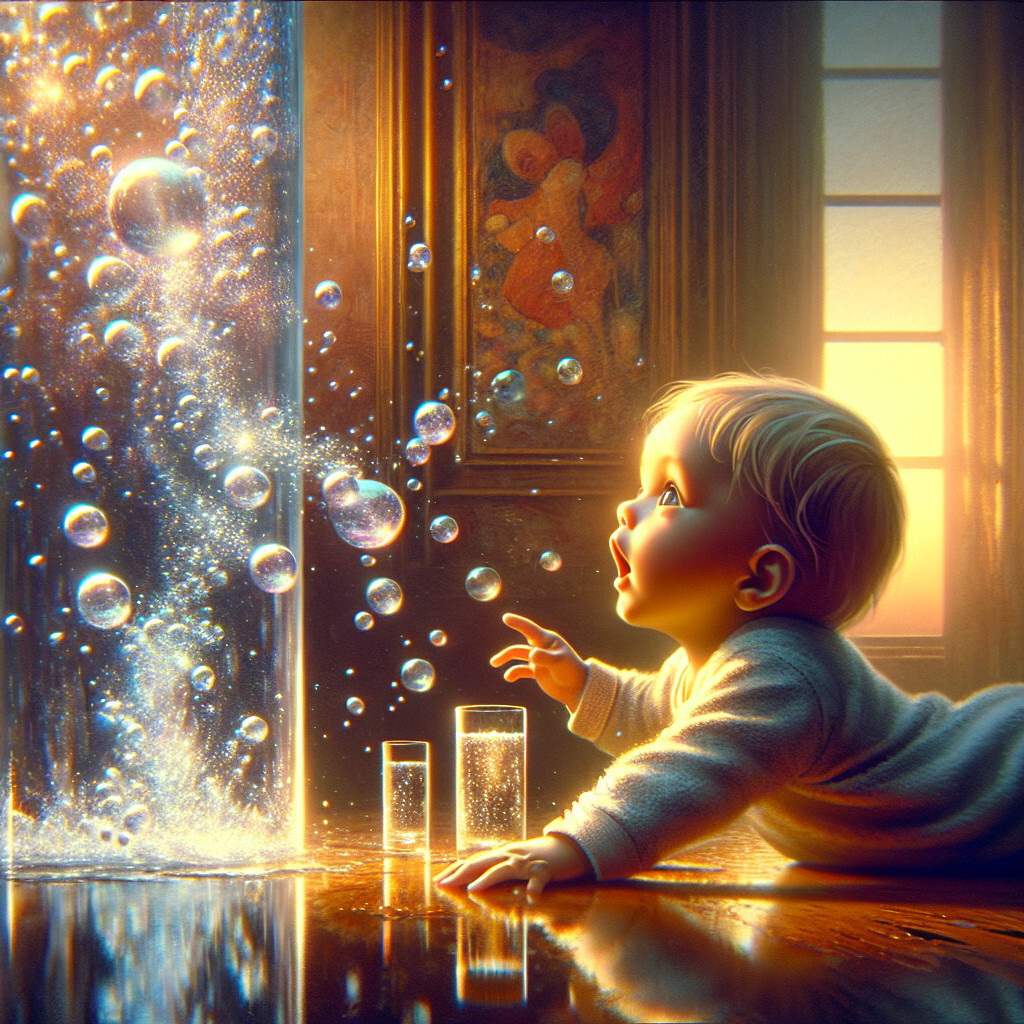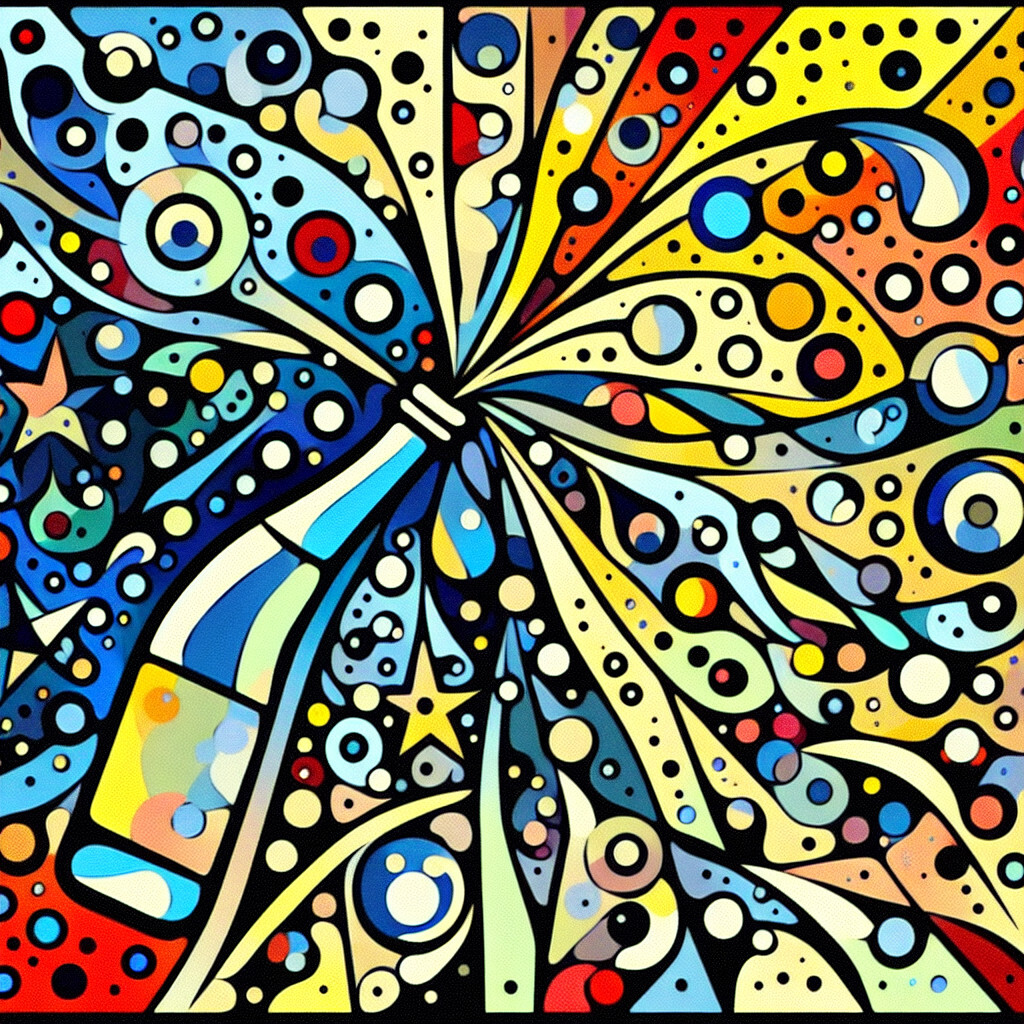Amazon Affiliate Disclaimer
As an affiliate, we earn from qualifying purchases. We get commissions for purchases made through links in this post.
One of the essential components necessary for human existence is water. It is the most critical component in the formula for the development of life on earth.
There are various types of water, ranging from tap to mineral and sparkling water, just but a few. It can be a little challenging to differentiate between these types. The processing involved, as in the instances of sparkling water and mineral water, is a significant factor in determining their differences. If you’re attempting to cut back on sugary sodas, alcoholic beverages, or caffeine, sparkling water or mineral water are two good alternatives.
The article that you are about to read will examine the distinctions between mineral water and sparkling water.
What is Sparkling Water
Whether you call it seltzer, soda, or tonic water, sparkling water is the kind with bubbles. The carbonation level of sparkling water is ordinarily equivalent to that of water straight from a spring. Carbonation is achieved by adding carbon dioxide to water, which results in the formation of minute bubbles.
Sparkling Water Uses
Pure sparkling water is a zero-calorie drink option. You can flavor it with lemon or lime juice or add sugar and fruit flavoring to your water.
Adding fruit juice to your water increases its nutritional value; apple, grape, orange, pineapple, and passion fruit juices are all excellent options.
Also, various alcoholic beverages, from gin and tonics to Long Island iced teas, call for sparkling water as an ingredient.
What is Mineral Water
The mineral content of this water is identical to when it first emerged from its source spring. Minerals that aren’t already present cannot be added during processing, despite common belief.
Stores may stock sparkling mineral water, as some mineral waters are carbonated while others are not. The minimum amount of dissolved minerals in mineral water is 250 per million (ppm). Also, the mineral ratios must remain constant and be the same as those in the spring.
Mineral Water Uses
Whenever regular sparkling water is called for in a recipe, sparkling mineral water can be used as an alternative.
Conversely, non-carbonated mineral water is used for making drinks like lemonade and limeade, which don’t call for carbonation.
In a water contamination emergency, mineral water is a suitable replacement for tap water. If you have stomach issues from drinking carbonated beverages, you may want to switch to non-carbonated mineral water.
4 Types of Carbonated Water
Numerous varieties of carbonated, bubbly water are available. Many people enjoy drinking carbonated water, and some of the most common types are:
- Club soda – is carbonated water with various minerals but no additional flavors. These minerals enrich the water’s taste and make it slightly saltier than regular water or seltzer. Many cocktails rely on club soda as a main component.
- Tonic water – is another popular beverage served in bars. It is carbonated like other sparkling waters but has quinine additives and a sweetener, typically high fructose corn syrup. Due to its unique flavor, tonic water is not as versatile a mixer as club soda or maybe even seltzer when it comes to liquor. Many cocktails use tonic water, but gin and tonic are presumably the most well-known.
- Seltzer – also known as sparkling water, is just regular water pressurized with carbon dioxide gas. Manufacturers add artificial and natural flavors to the bland taste of plain carbonated water, such as lemon and grapefruit.
- Mineral water – also known as spring water, is water that naturally contains trace amounts of minerals like sodium, zinc, magnesium, and calcium. Bottled mineral water comes directly from the well. You can add artificial mineral watering salts to distilled water or allow it to be aerated with carbon dioxide.
Have you read the article about the difference between seltzer and sparkling water? No? Read it here!
Sparkling water vs. Mineral water: apparent differences
Flavor
Some people claim to notice a massive difference in flavor between mineral water and sparkling water since the mineral content of every water varies.
This variation can occur between manufacturers of the same type of sparkling mineral water, with the difference determined by the location from which the water was sourced. The flavor is also influenced by abundant minerals, including magnesium, sodium, and calcium.
These minerals aren’t typically found in standard sparkling water. The flavor of regular sparkling water is similar to that of flat water and lacks the nutrients you’d expect from a nutrient-rich beverage.
Price
There may be a price distinction between mineral and regular sparkling water. Compared to normal sparkling water, mineral water prices tend to be higher. Consequently, deciding between the two will come from personal preference and budgetary constraints.
Benefits
Magnesium, abundant in mineral water, has been linked to improved cardiovascular health, normalized blood pressure, and bone and digestive health. Studies have recently shown that drinking mineral water has a range of health perks and can assist you in staying hydrated and healthy.
A refreshing alternative to still water is carbonated beverages such as sparkling water. Consuming a hydrating liquid that isn’t high in sugar has been found to aid digestion, keep you feeling full for longer, and even help to increase your productivity.
Moreover, switching from sugary drinks to sparkling water can help you lose weight by reducing your daily calories.
Final Thoughts
Sparkling water, or mineral water, is much better than sugary sodas. The latter can supply us with minerals we can’t produce alone. The former can make healthy hydration taste like a party for your tongue, helping you ditch sugary sodas and adopt a more nutritious diet and way of life.
Various consumers have noted subtle flavor differences between sparkling water and mineral water. You won’t know which product suits your tastes best until you test a few different options. Keep in mind that there is no scientific evidence that the minerals added to mineral water provide more health benefits than regular tap water.
Nonetheless, mineral water’s sparkling variety typically comes with a higher price tag. If you don’t particularly care for the taste of the sparkling mineral water, the more affordable option is probably your best bet.
Related Topics:
What Is Sparkling Water And What Does it Do?
What Does Sparkling Water Taste Like?
Can You Drink Sparkling Water with Invisalign?
Read also:
- baby on sparkling water
- baby loves sparkling water

- sparkling water in babies
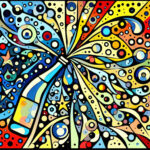
- giving baby sparkling water

- sparkling water for child
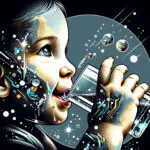
- does sparkling water affect breastfed baby

Please be careful and use at your own risk
None of the authors, contributors, administrators, or anyone else connected with Water Exotic, in any way whatsoever, can be responsible for your use of the information contained in or linked from these web pages.

